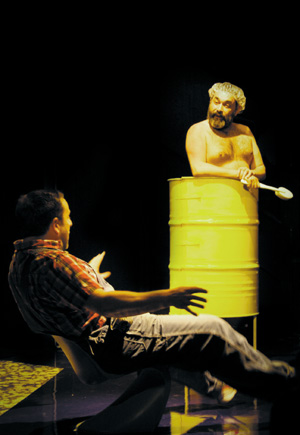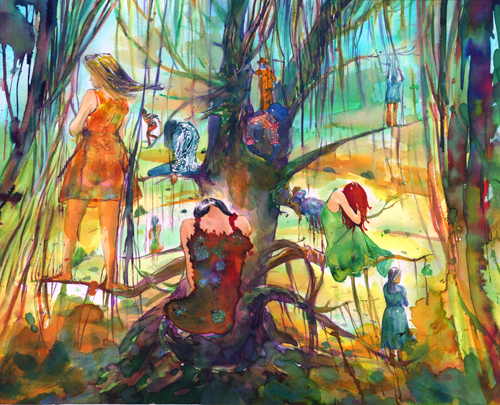Lawyers, Blondes & Irishmen
Anja Steinbauer on who can make fun of what, when and how. “I am thankful for laughter, except when milk comes out of my nose,” muses Woody Allen. And he is right: Laughter is something to be grateful for. Why? Well, mainly because there isn’t all that much of it around: Gelotology, the study of …




